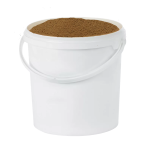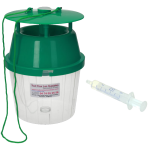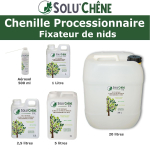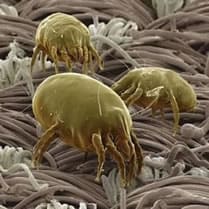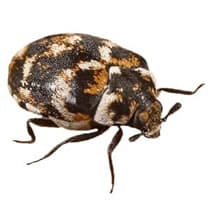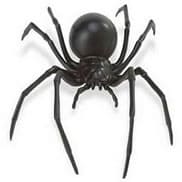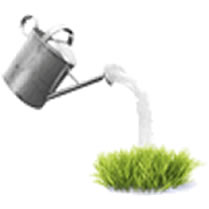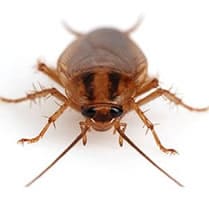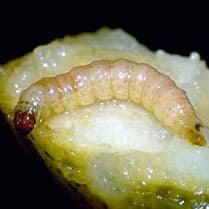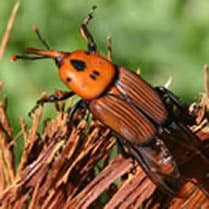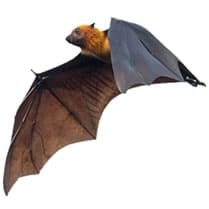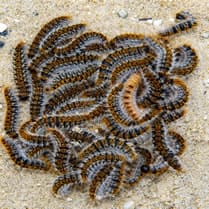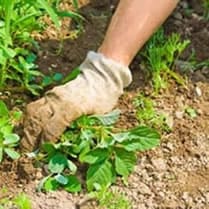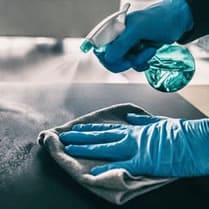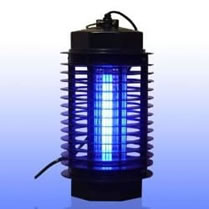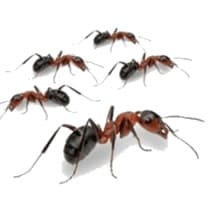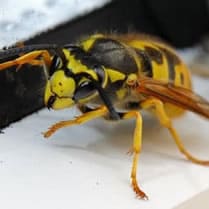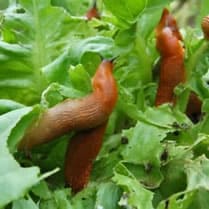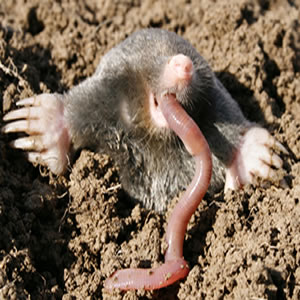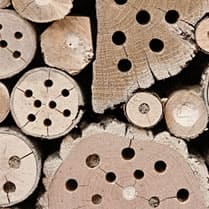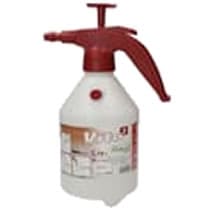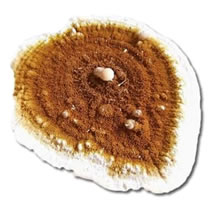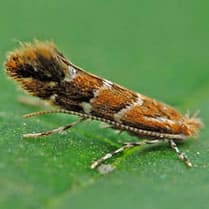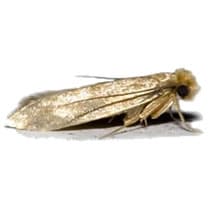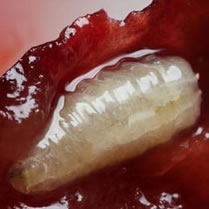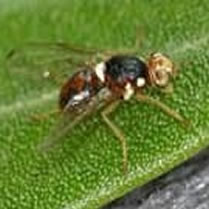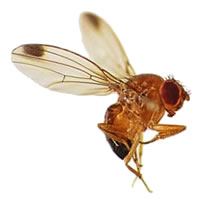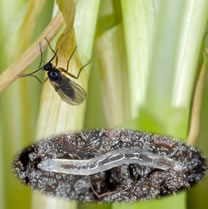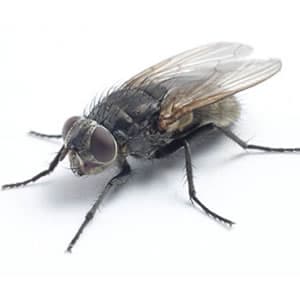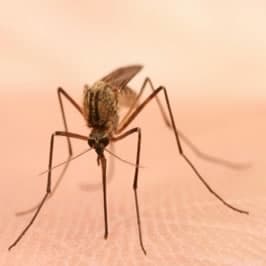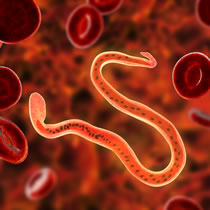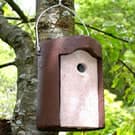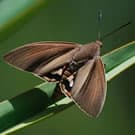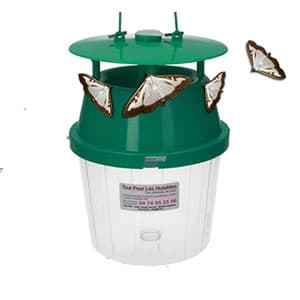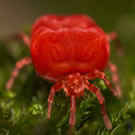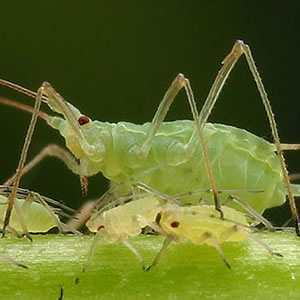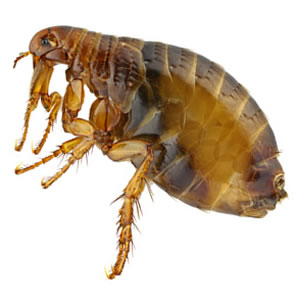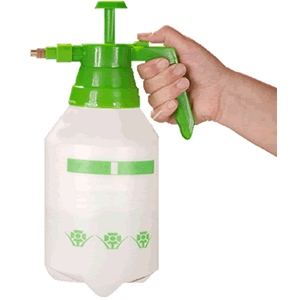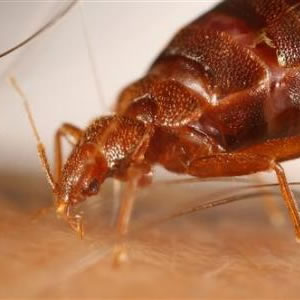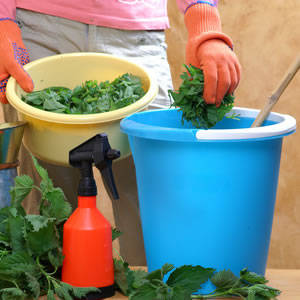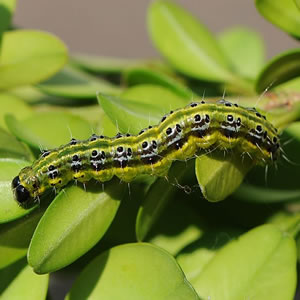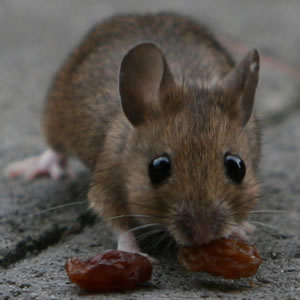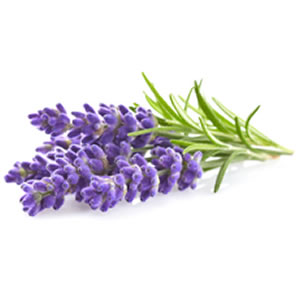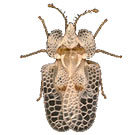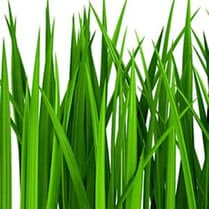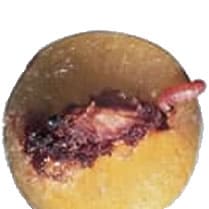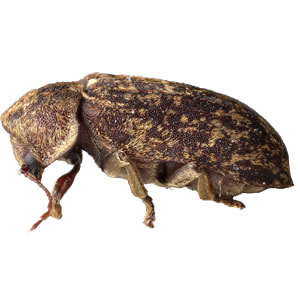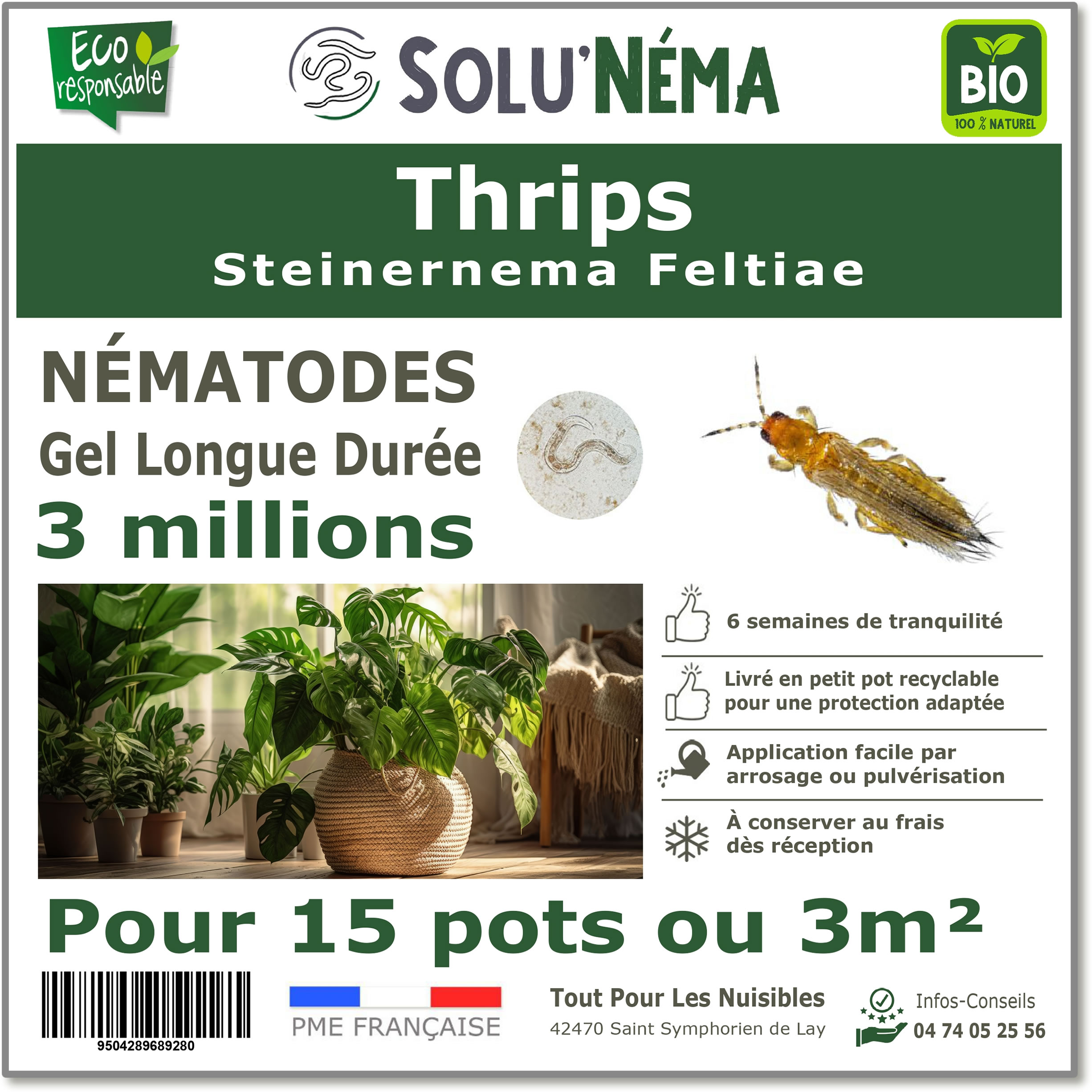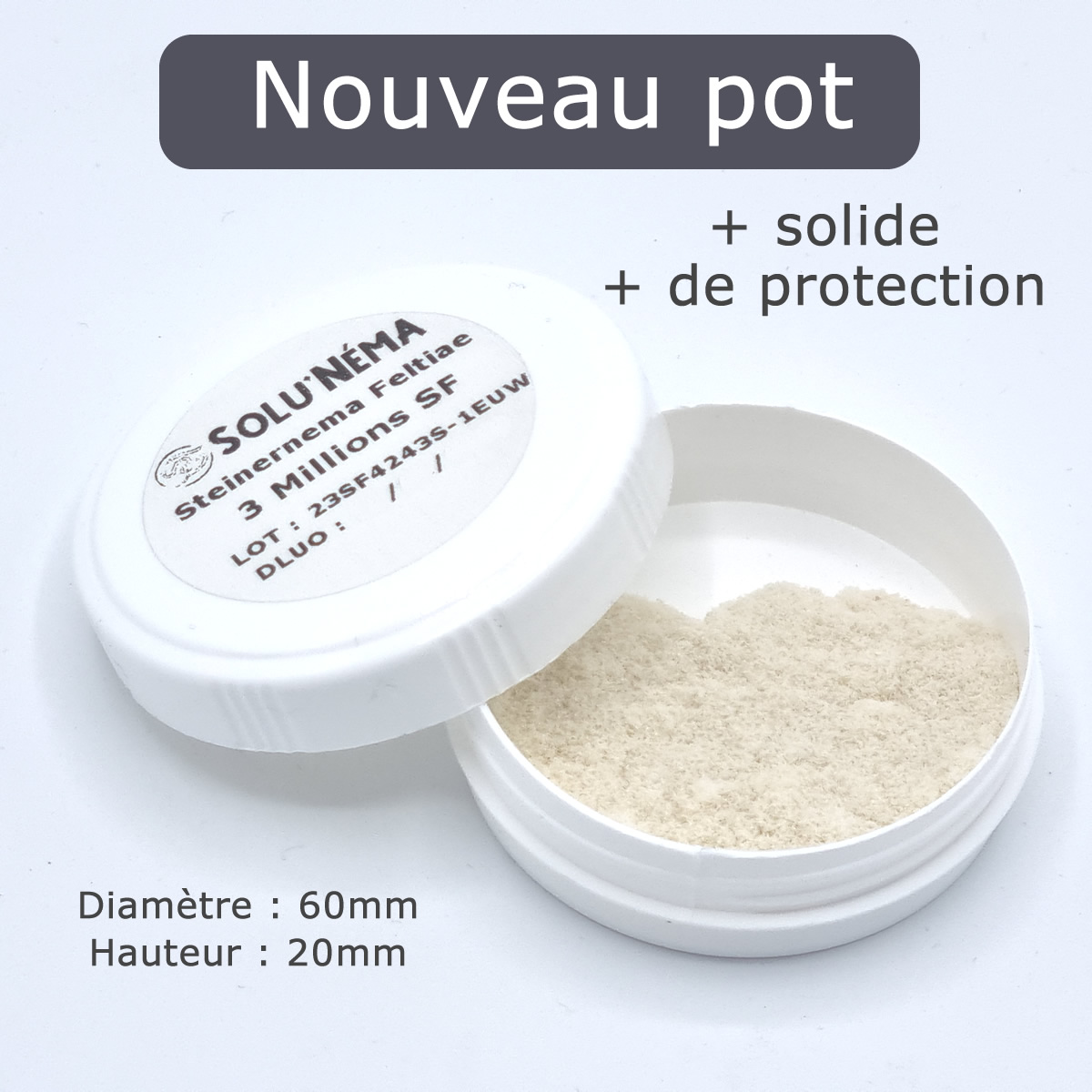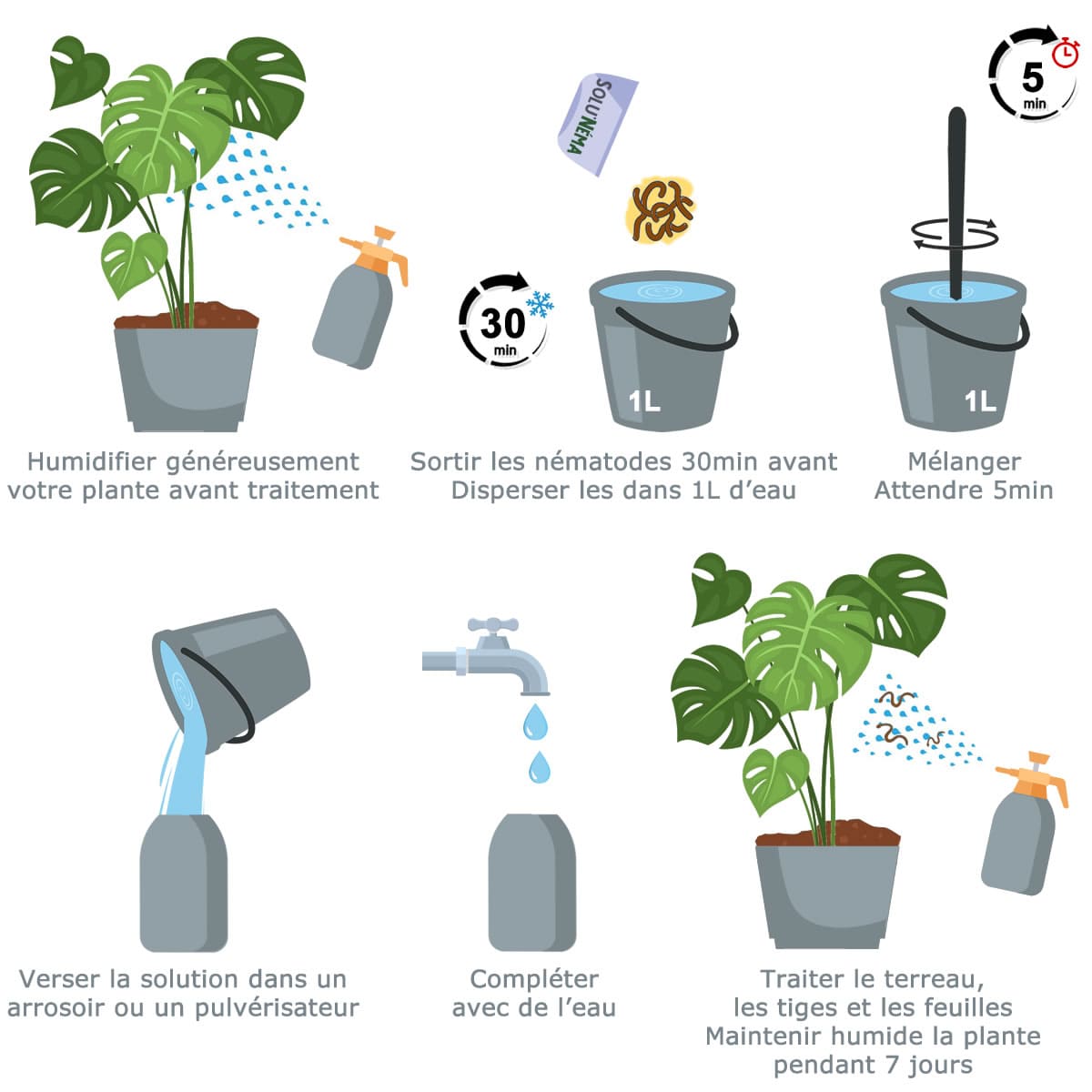- Free delivery
- Oak caterpillar
- Contact us
- Professionnal work place
- Other pests
-
![ACA - Acarien.info, products against mites]() Acariens Acarien.info, products against mites
Acariens Acarien.info, products against mites -
![ANT - Acarien.info, products against mites]() Anthrène des tapis Acarien.info, products against mites
Anthrène des tapis Acarien.info, products against mites -
![ARA - Acarien.info, products against mites]() Araignee Acarien.info, products against mites
Araignee Acarien.info, products against mites -
![ARE - Acarien.info, products against mites]() Arrosage écologique Acarien.info, products against mites
Arrosage écologique Acarien.info, products against mites -
![CAF - Acarien.info, products against mites]() Cafards et Blattes Acarien.info, products against mites
Cafards et Blattes Acarien.info, products against mites -
![CAR - Acarien.info, products against mites]() Carpocapse (vers des fruits) Acarien.info, products against mites
Carpocapse (vers des fruits) Acarien.info, products against mites -
![CRO - Acarien.info, products against mites]() Charancon rouge du palmier Acarien.info, products against mites
Charancon rouge du palmier Acarien.info, products against mites -
![CHI - Acarien.info, products against mites]() Chats-Chiens Acarien.info, products against mites
Chats-Chiens Acarien.info, products against mites -
![LCV - Acarien.info, products against mites]() Chauve souris Acarien.info, products against mites
Chauve souris Acarien.info, products against mites -
![CHE - Acarien.info, products against mites]() Chenille Processionnaire Acarien.info, products against mites
Chenille Processionnaire Acarien.info, products against mites -
![DES - Acarien.info, products against mites]() Desherbage Acarien.info, products against mites
Desherbage Acarien.info, products against mites -
![DVB - Acarien.info, products against mites]() Désinfection-Virus-Bacterie Acarien.info, products against mites
Désinfection-Virus-Bacterie Acarien.info, products against mites -
![DIU - Acarien.info, products against mites]() Destructeur Insectes UV Acarien.info, products against mites
Destructeur Insectes UV Acarien.info, products against mites -
![EPI - Acarien.info, products against mites]() Equipement Protection Individuelle Acarien.info, products against mites
Equipement Protection Individuelle Acarien.info, products against mites -
![FNE - Acarien.info, products against mites]() Fouines Acarien.info, products against mites
Fouines Acarien.info, products against mites -
![FOU - Acarien.info, products against mites]() Fourmis Acarien.info, products against mites
Fourmis Acarien.info, products against mites -
![GUE - Acarien.info, products against mites]() Guêpes - Frelons Asiatique Acarien.info, products against mites
Guêpes - Frelons Asiatique Acarien.info, products against mites -
![ENG - Acarien.info, products against mites]() Les Engrais Acarien.info, products against mites
Les Engrais Acarien.info, products against mites -
![LIM - Acarien.info, products against mites]() Limaces Acarien.info, products against mites
Limaces Acarien.info, products against mites -
![TAU - Acarien.info, products against mites]() Lyon Taupe Acarien.info, products against mites
Lyon Taupe Acarien.info, products against mites -
![INS - Acarien.info, products against mites]() Maisons Insectes Acarien.info, products against mites
Maisons Insectes Acarien.info, products against mites -
![MAT - Acarien.info, products against mites]() Materiel de traitement Acarien.info, products against mites
Materiel de traitement Acarien.info, products against mites -
![MEP - Acarien.info, products against mites]() Mérule Acarien.info, products against mites
Mérule Acarien.info, products against mites -
![MIN - Acarien.info, products against mites]() Mineuse du Marronnier Acarien.info, products against mites
Mineuse du Marronnier Acarien.info, products against mites -
![MIT - Acarien.info, products against mites]() Mites des Vêtements - Alimentaire Acarien.info, products against mites
Mites des Vêtements - Alimentaire Acarien.info, products against mites -
![MOC - Acarien.info, products against mites]() Mouche cerise Acarien.info, products against mites
Mouche cerise Acarien.info, products against mites -
![OLI - Acarien.info, products against mites]() Mouche de l olive Acarien.info, products against mites
Mouche de l olive Acarien.info, products against mites -
![SUZ - Acarien.info, products against mites]() Mouche suzukii Acarien.info, products against mites
Mouche suzukii Acarien.info, products against mites -
![MDT - Acarien.info, products against mites]() Mouche-du-terreau Acarien.info, products against mites
Mouche-du-terreau Acarien.info, products against mites -
![MOU - Acarien.info, products against mites]() Mouches Acarien.info, products against mites
Mouches Acarien.info, products against mites -
![MTQ - Acarien.info, products against mites]() Moustique Acarien.info, products against mites
Moustique Acarien.info, products against mites -
![NEM - Acarien.info, products against mites]() Nématodes Acarien.info, products against mites
Nématodes Acarien.info, products against mites -
![NIC - Acarien.info, products against mites]() Nichoirs et Abris Acarien.info, products against mites
Nichoirs et Abris Acarien.info, products against mites -
![PAL - Acarien.info, products against mites]() palmiers Acarien.info, products against mites
palmiers Acarien.info, products against mites -
![PAY - Acarien.info, products against mites]() Papillon du palmier Acarien.info, products against mites
Papillon du palmier Acarien.info, products against mites -
![PHE - Acarien.info, products against mites]() Phéromone bio Acarien.info, products against mites
Phéromone bio Acarien.info, products against mites -
![PGE - Acarien.info, products against mites]() Pigeon Acarien.info, products against mites
Pigeon Acarien.info, products against mites -
![POU - Acarien.info, products against mites]() Poux rouges du Poulailler Acarien.info, products against mites
Poux rouges du Poulailler Acarien.info, products against mites -
![PDC - Acarien.info, products against mites]() Protection du cheval Acarien.info, products against mites
Protection du cheval Acarien.info, products against mites -
![PCR - Acarien.info, products against mites]() Pucerons Acarien.info, products against mites
Pucerons Acarien.info, products against mites -
![PUC - Acarien.info, products against mites]() Puces Acarien.info, products against mites
Puces Acarien.info, products against mites -
![PUL - Acarien.info, products against mites]() Pulvérisateur Acarien.info, products against mites
Pulvérisateur Acarien.info, products against mites -
![PUN - Acarien.info, products against mites]() Punaise de Lit Acarien.info, products against mites
Punaise de Lit Acarien.info, products against mites -
![PUR - Acarien.info, products against mites]() Purin Acarien.info, products against mites
Purin Acarien.info, products against mites -
![PYR - Acarien.info, products against mites]() Pyrale du buis Acarien.info, products against mites
Pyrale du buis Acarien.info, products against mites -
![SER - Acarien.info, products against mites]() Serpents Acarien.info, products against mites
Serpents Acarien.info, products against mites -
![SDA - Acarien.info, products against mites]() Soin des arbres Acarien.info, products against mites
Soin des arbres Acarien.info, products against mites -
![SDV - Acarien.info, products against mites]() Soin des végétaux Acarien.info, products against mites
Soin des végétaux Acarien.info, products against mites -
![SOU - Acarien.info, products against mites]() Souris - Rat - Campagnol - Rongeur Acarien.info, products against mites
Souris - Rat - Campagnol - Rongeur Acarien.info, products against mites -
![STO - Acarien.info, products against mites]() Stop Odeur Acarien.info, products against mites
Stop Odeur Acarien.info, products against mites -
![TIG - Acarien.info, products against mites]() Tigre du Platane Acarien.info, products against mites
Tigre du Platane Acarien.info, products against mites -
![CPT - Acarien.info, products against mites]() Tout Pour Le Compost Acarien.info, products against mites
Tout Pour Le Compost Acarien.info, products against mites -
![TPG - Acarien.info, products against mites]() Tout Pour Mon Gazon Acarien.info, products against mites
Tout Pour Mon Gazon Acarien.info, products against mites -
![PRU - Acarien.info, products against mites]() Ver de la prune Acarien.info, products against mites
Ver de la prune Acarien.info, products against mites -
![VRI - Acarien.info, products against mites]() Vrillette Acarien.info, products against mites
Vrillette Acarien.info, products against mites
-
Thrips Treatment - 3 million SF Nematodes
Disponibilité : En stock
Biological treatment against Thrips - Steinernema Feltiaé (SF) nematodes 3 million
Nematodes are microscopic worms invisible to the naked eye.
Thrips are small insects that belong to the order Thysanoptera. Measuring about 1 to 2 millimeters long, they have a thin, elongated body that is pale yellow to dark brown in color. Thrips have fringed wings that allow them to fly, but they generally prefer to move by walking or jumping. They feed on plants, removing plant tissue with their sharp mouthparts. Thrips can cause significant damage to crops, as they can feed on leaves, flowers, and fruits, reducing the quality and quantity of production.
Thrips are also known to carry viruses that can cause disease in plants. The viruses are transmitted by thrips as they feed on the infected plant. Symptoms of the disease can include leaf spots, reduced growth, and poor fruit quality. Thrips damage can be particularly severe in vegetable crops, such as tomatoes, peppers, and cucumbers.
To combat thrips, there are different biological control methods, such as the use of Steinernema feltiae nematodes. Steinernema feltiae nematodes are tiny worms that live in the soil and are natural predators of thrips. The nematodes feed on the thrips inside their bodies, killing them. Steinernema feltiae nematodes can be applied directly to crops, using a watering or sprayer. This method is effective and environmentally friendly, as it does not require the use of chemicals.
This method of fighting thrips is environmentally friendly, without chemicals or harmful substances. 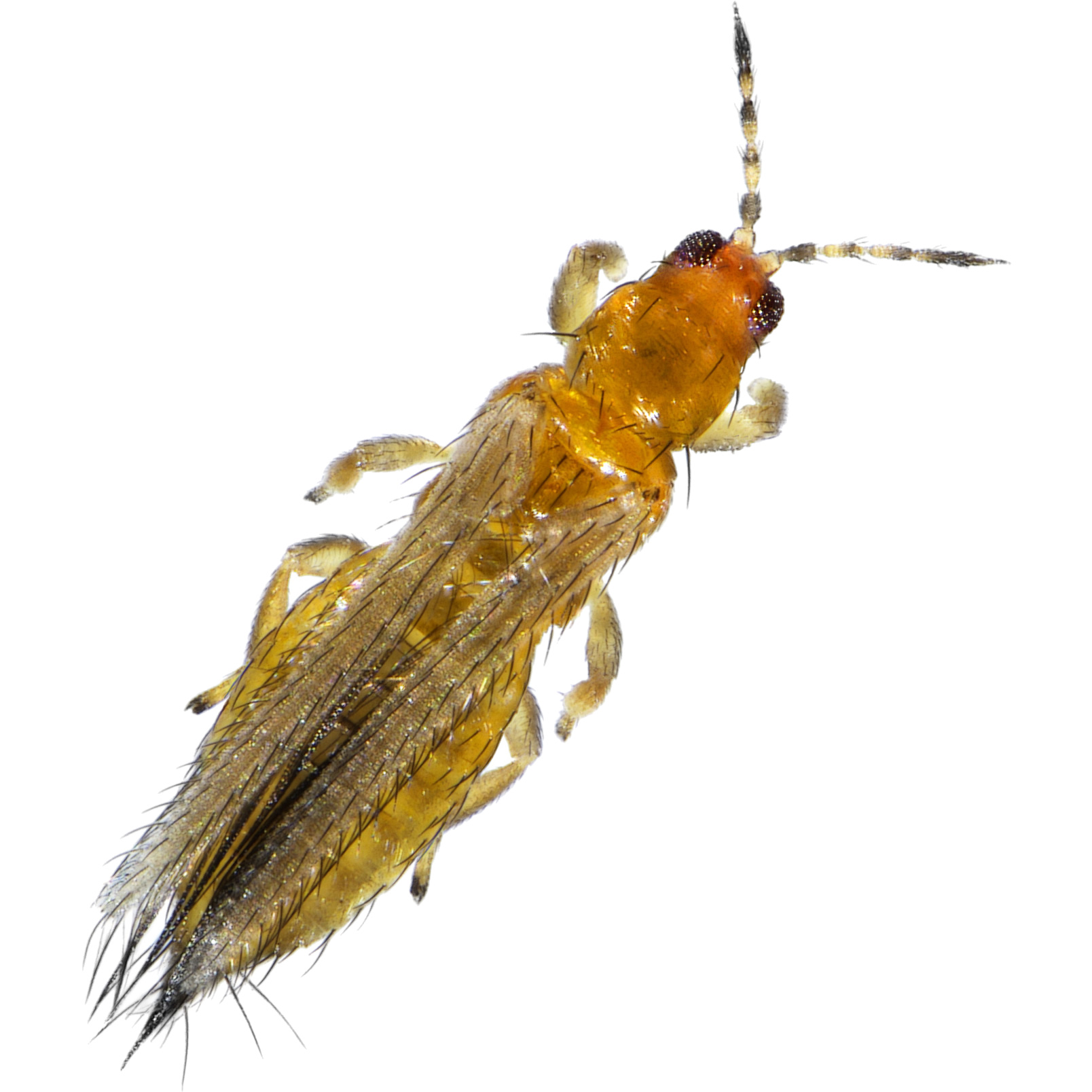
ATTENTION :
This is a LIVE PRODUCT with a VERY SHORT use-by date.
Avoid buying them in advance.
Use THE WHOLE POT at the time of TREATMENT because the nematodes are not evenly distributed in the pot.
Advice
Combine this nematode treatment with the blue glue traps for potted plants to also eliminate the adult stage.
Packaging: Pot of 5 million nematodes for 20 to 25 pots (approximately 10 m2)
PS: Pot containing a moist granular powder.
Instructions for use
1. Identify the problem
Thrips are small insect pests that can cause damage to plants. Their attacks are manifested by deformations, silvery or bronze spots on the leaves, necrosis and abnormal development of flowers. It is important to correctly identify the problem in order to choose the appropriate treatment.
2. Preparation of the nematode solution
Remove the nematodes from the refrigerator 30 minutes before use to acclimate them. Keep them away from direct light and UV rays during this time.
Start by diluting the entire contents of the jar or sachet of nematodes in a small container filled with clean water at room temperature. Mix well: the presence of small lumps is not problematic.
Then pour this preparation into a watering can, sprayer or container, then add the necessary amount of water, at a temperature between 15°C and 25°C (consult the dosage table for the precise quantity). Mix again and apply quickly. Make sure to stir the mixture regularly to prevent the nematodes from settling at the bottom of the container.
3. Preparation of soil and foliage
Before applying the nematode solution, lightly moisten the soil. This moisture will make it easier for the nematodes to move around, as they have no legs and use moisture and soil particles to move. Be careful not to over-saturate the soil with water, however, as excess moisture could compromise the survival of the nematodes and could suffocate them.
Thoroughly moisten the foliage of your plants, focusing on the upper and lower sides of the leaves. This step is crucial to ensure the mobility and effectiveness of the nematodes. Favor treatment in the evening to avoid direct exposure of the nematodes to the UV rays of the sun, which damage them.
4. Spray or drench application of nematodes to soil and foliage
Spray the nematode solution onto the surface of the infected soil. Water enough so that the solution is absorbed by the soil.
Also spray the solution evenly on the leaves, making sure to cover the entire foliage, on both sides. Keep the leaf surface moist for at least 2 hours after application to ensure penetration of the nematodes and their effectiveness against thrips larvae. Any nematodes that have not found and penetrated a larva may die the next day due to UV rays.
5. Continue watering in the case of soil treatment
To maintain their effectiveness, continue to water the soil lightly for at least two weeks. Nematodes need moisture to move through the soil and find thrips larvae.
6. Monitor the results
You should notice a decrease in the population after about ten days. Please note that nematodes only treat thrips larvae and pupae and not the flying adult form. For adult forms, use blue chromatic glue boards to trap them. If thrips persist, it may be necessary to repeat the treatment. It is important to follow the application instructions to obtain the best results in treating thrips with Steinernema feltiae nematodes. 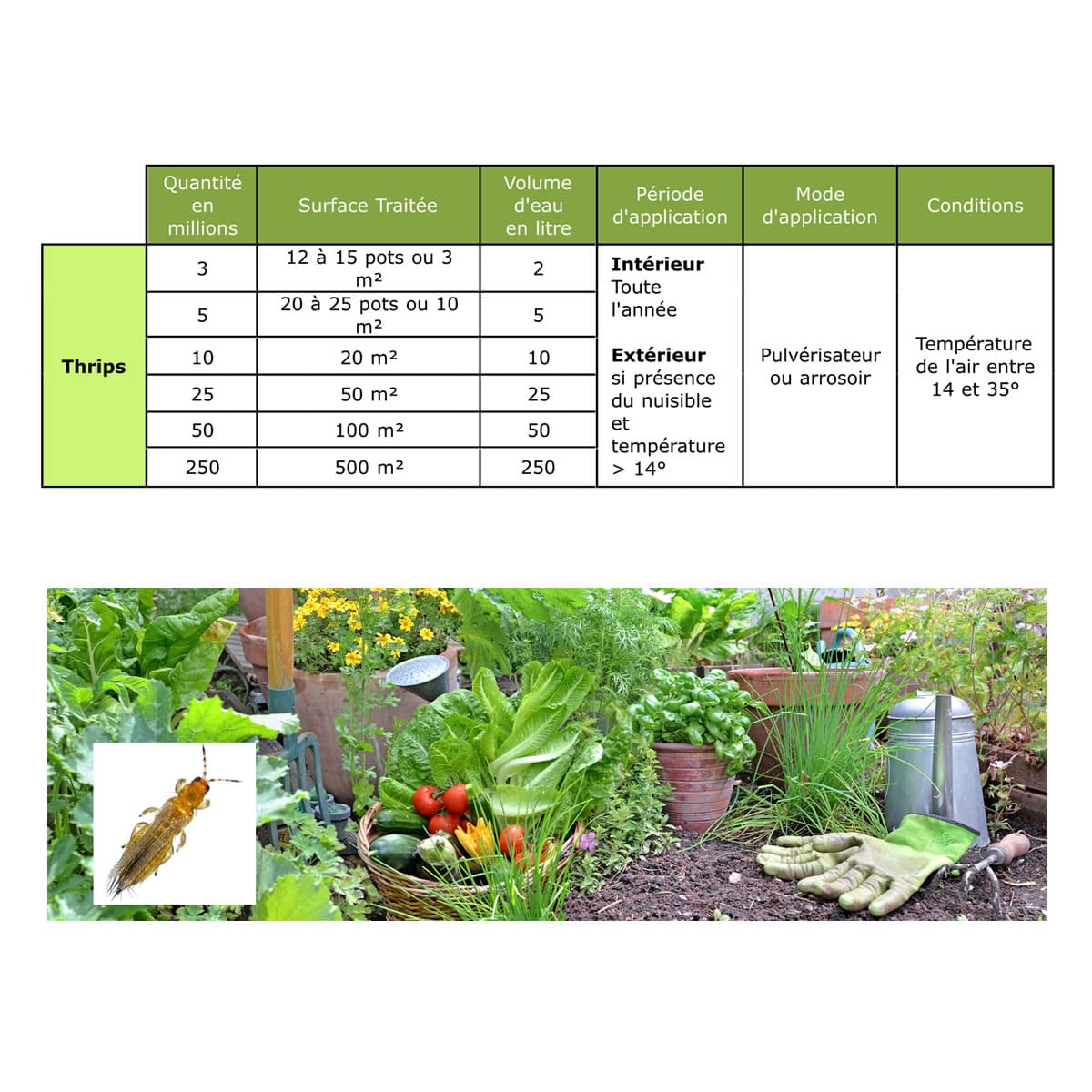
How are your anti-Thrips nematodes delivered to you?
By unrefrigerated tracked letter directly to the mailbox.
Nematodes can survive more than 8 days at room temperature without any problem. Storing them in the fridge is just to be able to keep them longer by slowing down their development.
Nematodes should be kept cool after receipt in order to slow down their metabolism ("hibernation") so that they can be stored until the DLU date.
At room temperature, nematodes do not die but continue their development. Without food, they would eventually die naturally after about ten days.
Date of processing
Nematode treatment can be carried out all year round as a preventative or curative measure as soon as the pests appear when the temperature reaches 10 to 12°C.
Dosage

Mode of action
Nematodes are naturally present in the soil in small quantities, they are microscopic worms invisible to the naked eye, respectful of useful insects, crops and vertebrates (human beings and domestic animals).
Nematodes move through the soil looking for pest larvae to parasitize them. When they find them, they enter their bodies through natural channels and multiply inside, causing their death within a few days.
Advice
: Combine this nematode treatment with the blue glue traps for potted plants to also eliminate the adult stage.
Protection : Planters and potted plants.
Surface treated : 15 pots or 3 m²
| Cart Summary | |||||||||
|---|---|---|---|---|---|---|---|---|---|
| Subtotal : | 0.00 € | ||||||||
|
|
|||||||||
| Total : | 0.00 € | ||||||||








Over-Ear Headphone
$120 $200
Lorem ipsum, dolor sit, amet consectetur adipisicing elit. Ipsum non facilis corporis modi consequatur. Iure perferendis dicta illum deleniti veritatis vero tempora maxime ducimus quaerat, iusto omnis magni doloribus. Repellat exercitationem odio amet sit.


